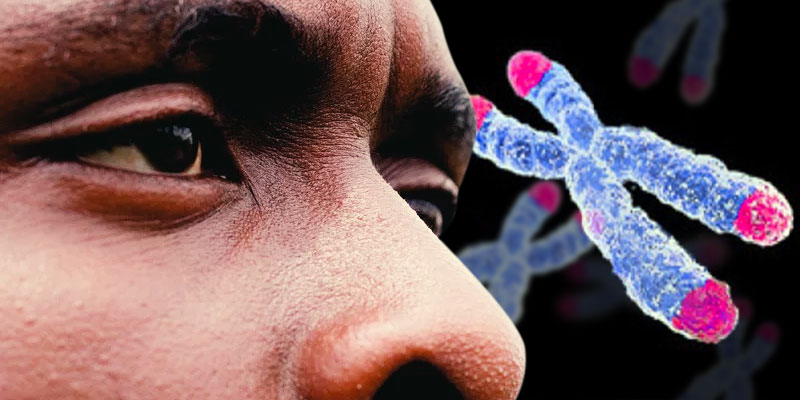A study conducted by researchers at Auburn University found evidence that African-Americans who reported more than average racial discrimination showed increased symptoms of aging over a 10-year time frame.
The study was led by Dr. David H. Chae, an associate professor at the university. It centers its evidence on the length of telomeres — which are pieces of DNA that protect cells.
According to Auburn researchers, since telomeres lessen in length as people age, they are considered a biological indication of cell aging.
The results of the study were recently published in the scientific journal Health Psychology.
“One of the factors that can lead to more rapid telomere shortening is high levels of stress,” Chae explained in a statement. “Racial discrimination is a particular type of stress experienced by African Americans that contributes to well-documented health disparities. We investigated one particular mechanism through which this occurs, namely, its impact on the telomere maintenance system.”
The study was composed of 391 African-Americans who were already part of the Coronary Artery Risk Development in Young Adults (CARDIA) study.
A release from Auburn reported that the most frequently experienced incidents of racism were “‘on the street or in a public setting,’ followed by ‘at work’ and in ‘getting a job.’”
The participants were located in Birmingham, Chicago, Minneapolis and Oakland.
The release stated, “Baseline data were collected in 2000 when participants were on average 40 years old and follow-up data were from 2010.”
“We found that greater accumulating experiences of racial discrimination during this midlife period was associated with a faster rate of telomere shortening,” said Chae.
Chae also added that the study had some limitations. He advised that the specificity of the participants being from CARDIA and the nebulous nature of post-incident reporting as limiting factors in the research’s holdings.
“Our results point to how racial discrimination, a particular type of social toxin that disproportionately impacts African Americans, becomes embedded at the cellular level,” Chae asserted.
“Racism continues to be a pressing social and moral dilemma, as well as a public health issue,” he concluded.
Henry Thornton is a staff writer for Yellowhammer News. You can contact him by email: [email protected] or on Twitter @HenryThornton95.













